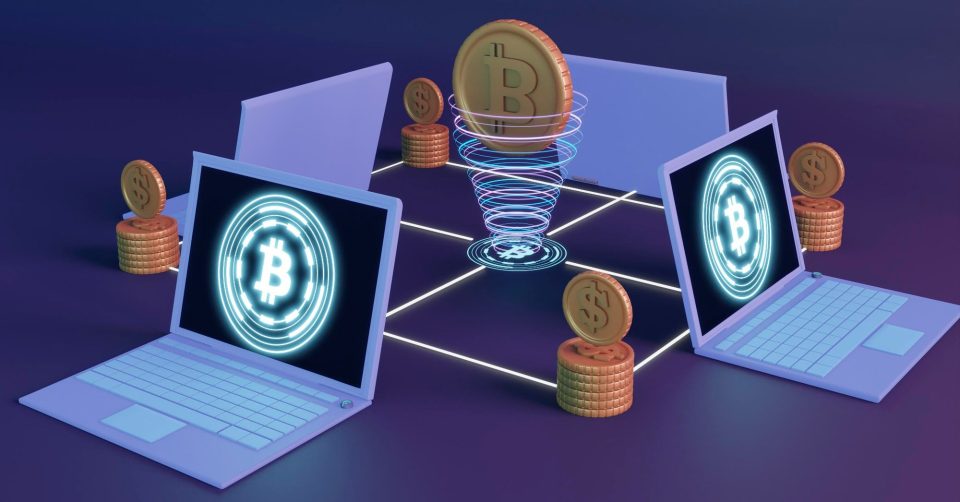Overview
Cryptocurrencies have been rapidly changing the landscape of the financial industry, introducing a range of new concepts and innovations that have the potential to revolutionize traditional financial systems. One such innovation is the creation of tokens, which are digital assets that can be used for a variety of purposes. Tokens can be broadly classified into two categories: utility tokens and security tokens, each with its unique functions and regulatory implications.
Utility Tokens
Utility tokens are digital assets that represent access or use within a decentralized app or network. They allow users to access services or products provided by the platform or network. For instance, a social network might issue a utility token that grants users access to certain features or services.
Holders of utility tokens do not have ownership or financial rights. Instead, these tokens only permit access to a platform’s services. They typically do not fall under securities regulations because they do not represent any kind of financial investment.
Security Tokens
Security tokens are digital assets that represent ownership in an asset or company, providing investors with financial rights such as dividends and ownership. They are subject to securities regulations and must comply with legal requirements. Unlike utility tokens, security tokens represent financial investments, while utility tokens provide access to a platform’s services or products.
While security tokens offer the potential for increased liquidity and fractional ownership of assets, they also require more regulatory compliance and oversight compared to utility tokens. This can make them less accessible to smaller investors or startups seeking to raise funds. Nevertheless, security tokens have the potential to revolutionize traditional finance by enabling the fractionalization of assets and the creation of new investment opportunities for a wider range of investors.
The Differences
The main difference between utility tokens and security tokens is that utility tokens provide access to services, while security tokens represent ownership and financial rights. Utility tokens are not subject to securities regulations, while some security tokens may need to comply with various legal requirements.
It’s important to note that some utility tokens may later be classified as security tokens if they start to provide financial rights. Therefore, companies that issue utility tokens must carefully consider the nature of their tokens and the services they offer, as they may eventually be subject to securities regulations.
Tokenized Securities
Tokenized securities are financial instruments that have been digitized and represented on a blockchain. This allows them to be traded and transferred more efficiently and transparently compared to traditional securities. As a result, they offer several advantages, such as faster settlement times, reduced transaction costs, and increased liquidity.
However, the digitization of securities also raises regulatory and legal issues, as tokenized securities fall under securities regulations and must comply with various legal requirements. This includes anti-money laundering (AML) and know-your-customer (KYC) regulations, as well as securities laws that govern the issuance and trading of securities. These challenges have resulted in a slower adoption of tokenized securities, despite their potential benefits.
Conclusion
In conclusion, utility tokens and security tokens are two crucial types of cryptocurrencies that have different functions and regulatory implications. Utility tokens allow access to services, while security tokens represent ownership and financial rights. The distinction between these two types of tokens affects the regulatory requirements and legal implications associated with their issuance and trading.
Image by Freepik


No responses yet